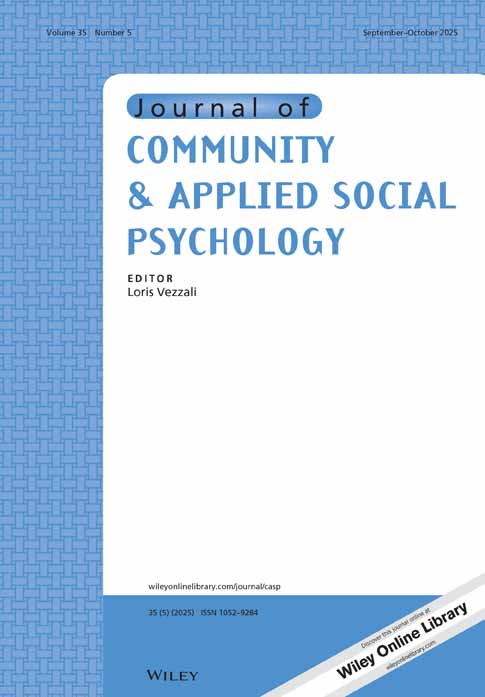The influence of experiences of discrimination on psychological stress: a comparison of seven immigrant groups
Abstract
The aim of this study was to compare experiences of discrimination and their influence on trust in authorities and psychological distress among immigrants in Finland. A sample of 1146 immigrants, aged between 20 and 36 and representing seven immigrant groups (Russians, Ingrian/Finnish returnees, Estonians, Somalis, Arabs, Vietnamese and Turks), answered a mailed questionnaire based on traditional acculturation research as well as victim research. In accordance with our expectations, discrimination experiences in various realms of life were highly predictive of the psychological well-being of all immigrants, as well as of lack of trust in the Finnish authorities. However, contrary to our hypotheses regarding the effects of visibility and cultural proximity, group differences in psychological distress did not correspond to the group differences observed in perceived discrimination. These results are discussed in the light of the opposing predictions concerning self-damage effects of discrimination, made by social identity theory on the one hand and the theory on self-protecting functions of external attributions (Crocker and Major, 1989) on the other. It is concluded that the low level of stress observed in the most visible and most culturally distant group, despite high levels of perceived discrimination, is better explained by the latter than the former. Copyright © 2000 John Wiley & Sons, Ltd.




